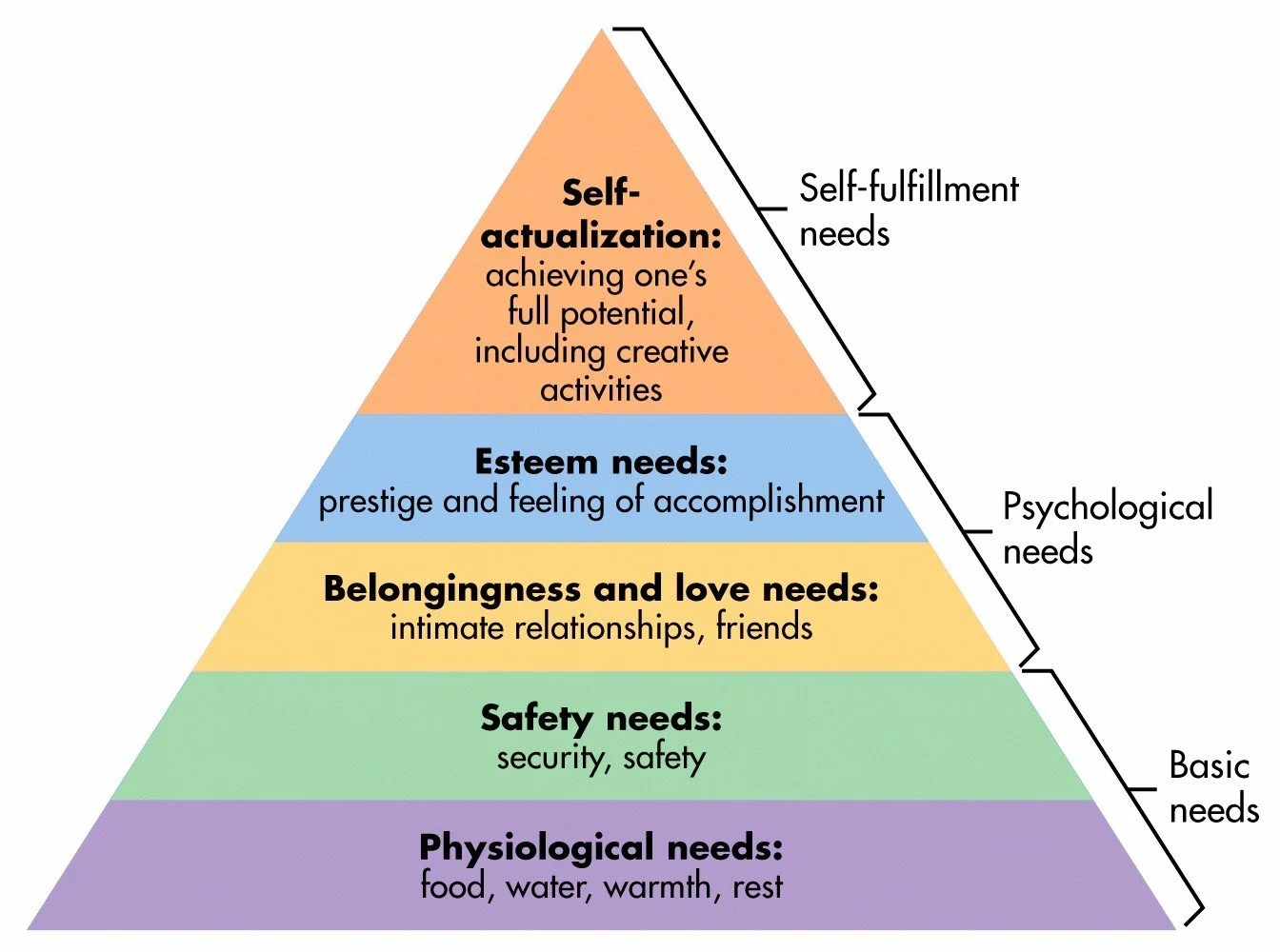
Maslow's Hierarchy of Plants
Plants sustain human life, providing the raw materials for every human need.
Maslow's Hierarchy of Plants
Plants sustain human life, providing the raw materials for every human need. In this blog post, we explore how plants are used by humankind, satisfying requirements from the most basic to the most profound.
Maslow's hierarchy of needs is a psychological theory that arranges human needs into a pyramid structure. It begins with the most basic needs at the bottom and progresses to higher-level needs towards the top. The theory is a classification system intended to reflect the universal needs of society as its base, then proceeding to more acquired emotions.

As we all know, plants are our friends! Here's a breakdown of how certain plants can aid in fulfilling these human needs:
1. Physiological Needs:
- Food: Grains like wheat, rice, and quinoa; vegetables and fruits such as kale, spinach, apples, and bananas; herbs like basil and mint; and legumes such as lentils and beans provide essential nutrients.
- Water: Plants like coconuts, watermelons, and cucumbers are excellent sources of natural hydration.
- Shelter: Bamboo, known for its strength and flexibility, is used for constructing shelters due to its rapid growth and durability.
2. Safety Needs:
- Clothing: Plants like cotton and hemp are used to produce textiles for clothing due to their comfort, breathability, and sustainability.
- Security: Certain plants like aloe vera, lavender, and citronella have properties that can be used in natural insect repellents, providing security against pests.
3. Love and Belongingness Needs:
- Community and Bonding: Cultivation and gardening of plants, especially community gardens, foster a sense of belonging and connection among individuals.
- Medicinal Plants: Various plants like aloe vera, echinacea, and ginseng have medicinal properties that promote health and well-being, contributing to physical and emotional wellness.
4. Esteem Needs:
- Self-Expression: Flowers like roses, sunflowers, and orchids have been used for ages as expressions of esteem, appreciation, and love.
- Cultural Significance: Plants like tea leaves, cacao beans, and coffee beans have cultural significance and are often used in ceremonies or social gatherings.
5. Self-Actualization:
- Psychedelic and Spiritual Plants: Certain plants like cannabis, ayahuasca, psilocybin mushrooms, and peyote have been used traditionally in spiritual practices to expand consciousness and aid in self-exploration.
The use of these plants not only fulfil essential needs but also contributes to a holistic and sustainable lifestyle, aligning with the ethos of natural products and a healthy, eco-conscious lifestyle.
By highlighting the diverse uses of plants in fulfilling different aspects of Maslow's hierarchy of needs, we can appreciate the immense contributions nature offers in supporting human well-being and self-fulfilment while advocating for a more sustainable way of living! Join us at Product Earth on September 7th and 8th at London’s iconic Drumsheds to learn more!